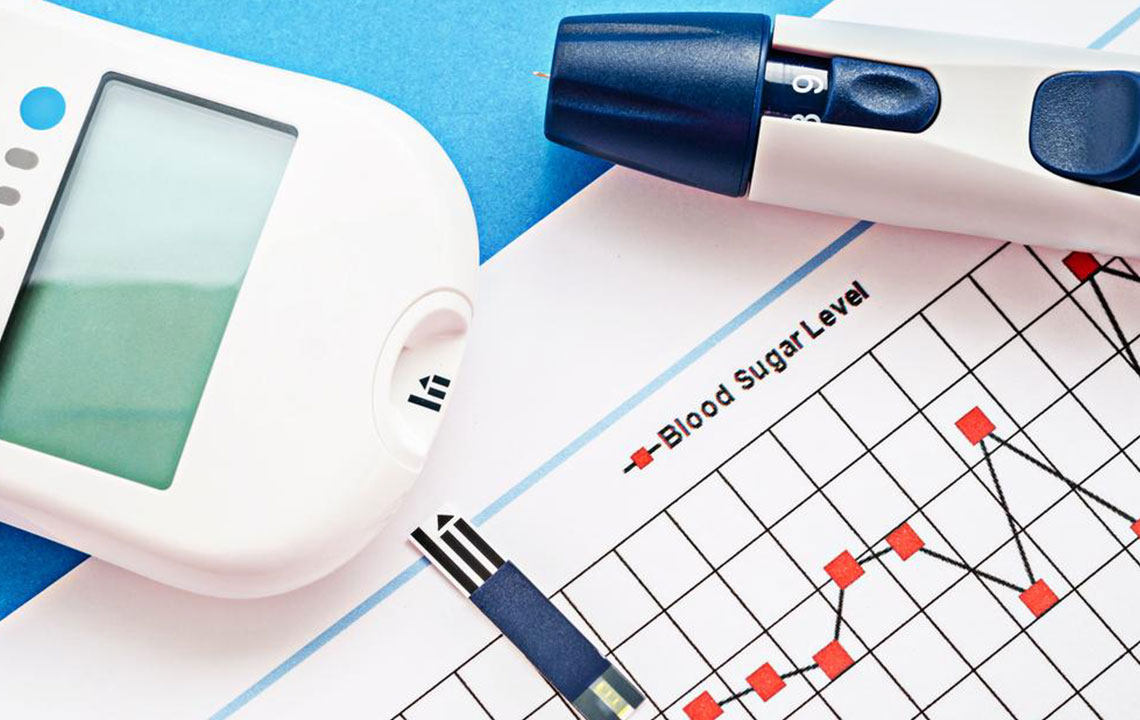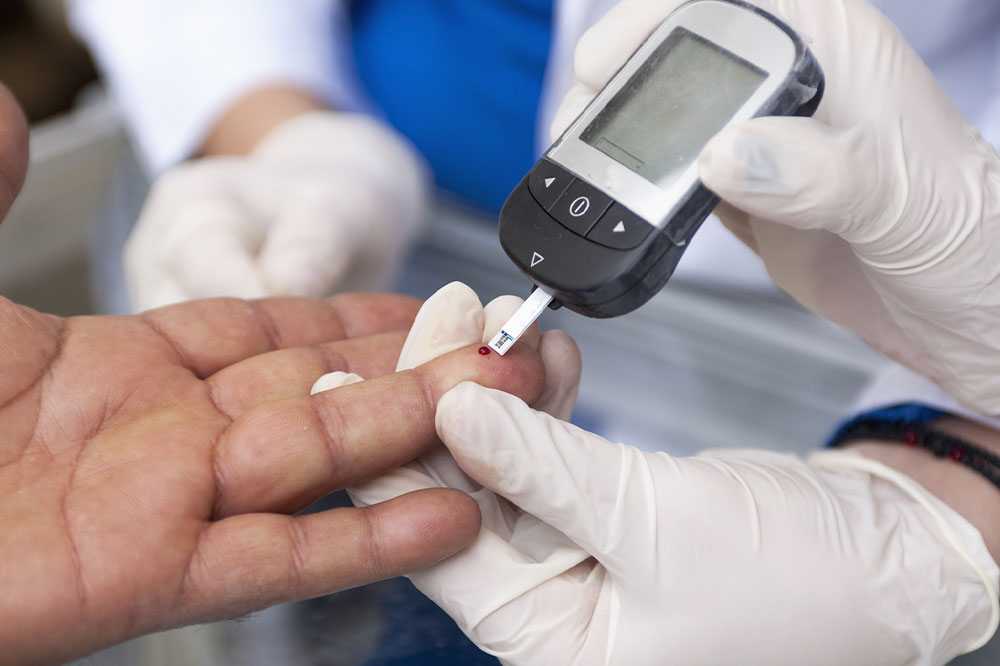Understanding and Monitoring Blood Glucose Charts
This guide explains how blood glucose levels fluctuate throughout the day, highlights the importance of monitoring with glucose charts, and offers tips for maintaining healthy blood sugar levels. Regular tracking and lifestyle choices are essential for preventing complications related to diabetes and ensuring overall well-being. Both healthy individuals and diabetics benefit from understanding their blood sugar patterns and making informed decisions to stay within optimal ranges, thereby supporting organ health and preventing serious health issues.

Understanding and Monitoring Blood Glucose Charts
Blood glucose levels represent the amount of sugar present in a person's bloodstream at any given moment. This sugar is vital for energy and is transported to body cells after digestion of food. The body maintains tight regulation over blood sugar to prevent levels from becoming too high or too low. It’s important to note that blood sugar refers specifically to glucose, not sucrose or other sugars consumed through diet.
Throughout the day, blood sugar fluctuates—lowest before breakfast and rising after meals before stabilizing. In healthy individuals, fasting blood glucose is usually under 99 mg/dl, whereas diabetics often experience more variability. The goal is to keep pre-meal levels below 130 mg/dl and post-meal levels under 180 mg/dl.
A blood glucose chart tracks sugar levels over the course of a day, highlighting fluctuations and helping manage conditions like diabetes. Maintaining blood sugar within normal ranges is essential for overall health, achievable through proper nutrition, medications, and physical activity. These charts reveal the natural circadian rhythm of blood glucose, which peaks after meals and dips before breakfast. Regular monitoring enables early detection of abnormalities, helping prevent complications affecting organs like kidneys, eyes, and the heart.
The Importance of Regular Blood Glucose Monitoring
Keeping consistent records of blood sugar levels is crucial for both healthy individuals and those with diabetes, as fluctuations can impact overall health. Sudden increases or drops may signal underlying issues, affecting vital organs. For diabetics, detailed tracking guides treatment adjustments, aiming for stable glucose levels and reducing risk of complications. Using appropriate devices, under medical guidance, ensures accurate readings before creating a comprehensive glucose chart. Maintaining a balanced lifestyle, including nutritious eating, exercise, adequate sleep, and avoiding harmful habits like smoking and excessive drinking, supports optimal blood sugar control. Stress management is also vital for maintaining healthy levels.










